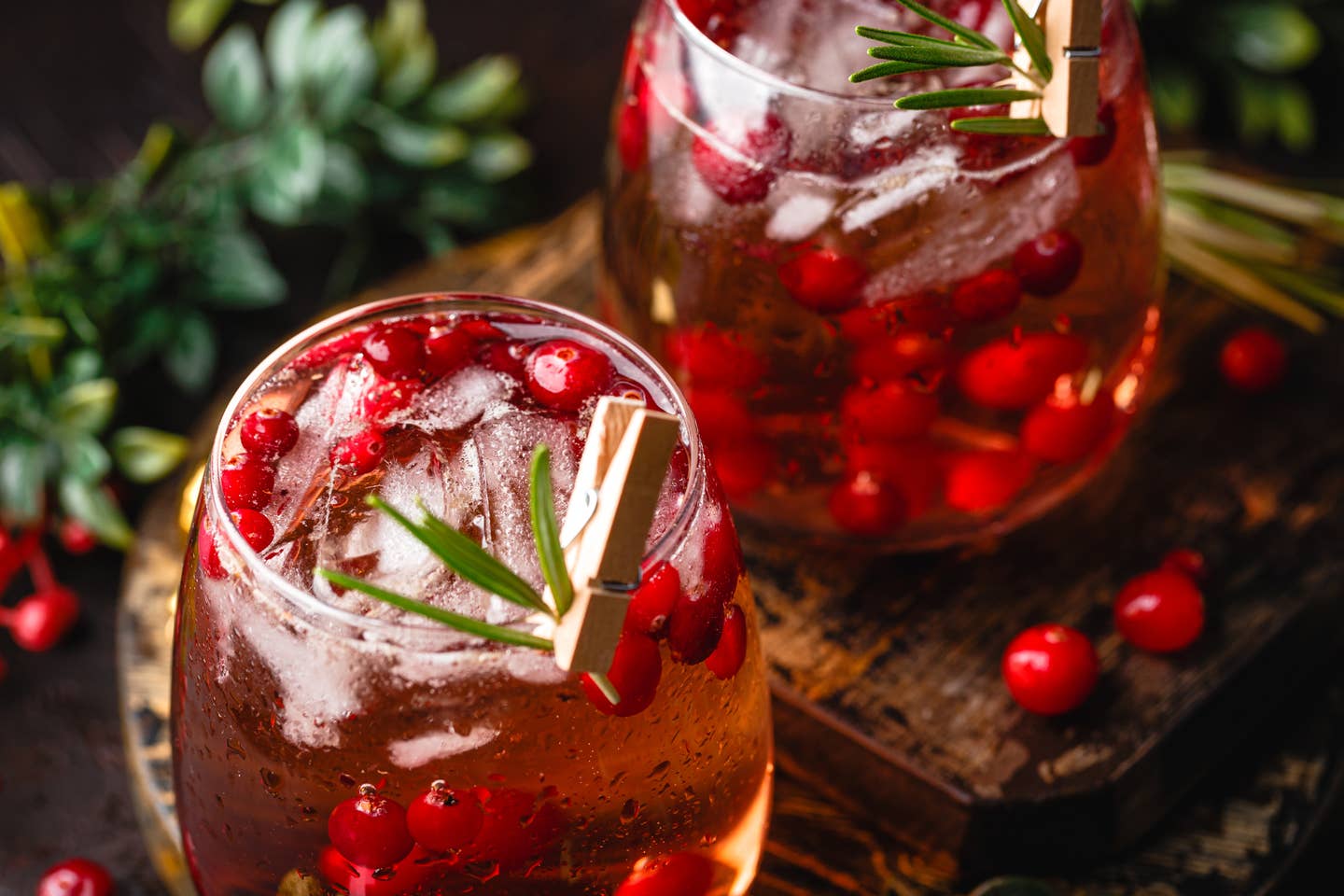
7 Plant-Based Essentials to Stock Your Pantry and Freezer
As grocery prices rise, being intentional about your food purchases has become more important than ever. Pantry essentials keep in your cabinet and freezer for months and are a great tool to save money and trips to the store with their low price tags and long shelf lives. A little bit of preparation is key to staying healthy, saving money, and eating intentionally (as opposed to snacking on all the wrong foods).
Here, we break down some of the best non-perishable, versatile staples to stock up on, because strategic preparation will ensure you budget correctly.
The Best Plant-Based Pantry and FreezerEssentials
1. Beans, Canned and Dried
Legumes such as lentils, black beans, kidney beans and garbanzo beans (better known as chickpeas) pack a big protein punch, which means a little can go a long way to keep you full. They also have tons of antioxidants for immune support and can be used in a wealth of dishes including soups and salads and as the base for hummuses and patties.
While some prefer the quality of taste that dried beans provide, they require time to soak, so also stock up on canned beans for occasions where you may need a quick bite.
2. Grains like Pasta, Rice, and Oatmeal
Grains are a staple of any pantry, and non-perishables like pasta, rice, and oatmeal can last for ages and are incredibly versatile ingredients in breakfasts, lunches, dinners, and desserts, making them an ideal food to stock up on.
They also will fill you up well and can make easy dishes in just minutes that can be refrigerated for days, such as overnight oatmeal, pasta salad, or fried rice.
3. Green Tea
Green tea is one of our top immune-boosting foods, and stocking up on green tea bags or matcha, which is a powdered, concentrated version of the drink, is a great way to up your Epigallocatechin Gallate, or ECGC intake, which helps to boost your immune system's defenses.
It's your choice whether you want to buy the pricier matcha, load up on green tea bags readily available at your local grocer, or stock loose green tea, which can allow you to customize your tea blends more easily.
4. Frozen Fruits and Vegetables
Load up on bags of frozen fruits and vegetables, which last about one year in your freezer. Unlike canned vegetables, which require high heat during the canning process and, in general, have lower vitamin content than fresh fruits, frozen fruits generally keep their vitamin content because they are frozen at the peak of ripeness.
There are exceptions to this because some frozen vegetables have to be blanched before freezing, which results in minor nutrient loss. There are also cases where frozen options contain a higher vitamin level, for example, frozen peas actually have greater levels of beta-carotene than both canned and fresh peas.
5. Nuts, Seeds, and Dried Fruit
Stocking up on snacks is a good idea, so if while in a pinch you don't deplete your food staples reserved for meals. Seeds, nuts, and dried fruits (ensure there is no added sugar) are a great way to keep yourself full and can be added to baked goods as a treat or on top of salads to add variety.
6. Root Vegetables
Root vegetables such as potatoes, yams, radishes, parsnips, beets, carrots, fennel, and turnips can last for weeks in your refrigerator's produce drawer, and pack in tons of fiber, vitamins, and minerals. They're great roasted, fried, or baked and are easily added to soups, salads, tacos, grain bowls, or served alone as a side dish.
7. Fermented and Pickled Foods
Fermented and pickled foods can last for a few months up to a couple of years. Sauerkraut, Kimchi, kombucha, and pickled vegetables can improve gut health and boost immunity, so they're great options at a time when sickness abounds.
Learn to make your own pickles at home with our handy guide to pickle fermentation.
More From The Beet






